Washington, Oct. 21 – As voters get ready to head to the polls in North Carolina, RespectAbility has released its North Carolina Disability Voter guide for the upcoming senate, gubernatorial and presidential races.
Democrat hopeful Deborah Ross is challenging incumbent Republican Sen. Richard Burr for the Senate seat representing North Carolina. Both candidates completed the #PwDsVote Disability Campaign Questionnaire for Senate and Gubernatorial Candidates for people with disabilities. However, both candidates running for governor, Atty. Gen. Roy Cooper and incumbent Gov. Pat McCrory, have not yet responded.
In addition, two other down-ballot candidates in North Carolina, Linda Coleman, a Democrat running for Lt. Gov., and Commissioner Bruce Davis, a Democrat running to represent North Carolina’s 13th Congressional District in Congress, also responded. Their opponents also were given an opportunity to complete the questionnaire but have not yet done so.
North Carolina’s 1,330,804 citizens with disabilities now have a chance to compare several candidates on a variety of key issues.
The #PwDsVote 2016 Campaign Questionnaires were designed by and for people with disabilities (PwDs) and those who love them to know where candidates stand on key issues. RespectAbility is nonpartisan and does not endorse candidates. The questionnaires are purely for educational purposes as voters go to the polls.
The presidential questionnaire was created during the primary season and asked all of the presidential candidates to comment on 16 disability questions. Former Secretary of State Hillary Clinton responded by addressing all of the questions. Despite numerous requests in person and by phone and email, the Trump campaign has not yet filled out the questionnaire. The American Association of People with Disabilities and the National Council on Independent Living also has a nonpartisan presidential questionnaire, which both Clinton and Trump have completed. Libertarian Gary Johnson and Green Party candidate Jill Stein have not filled out either questionnaire but Stein recently did speak about disability issues during a campaign stop in Texas.
The down-ballot survey was adapted from the presidential questionnaire to ask gubernatorial candidates 16 questions and senatorial candidates 17 questions. All answers are posted verbatim and in full on The RespectAbility Report, a publication that covers the intersection of disability and politics.
Twenty-six candidates for senate, as well as 11 candidates for governor, from both sides of the aisle (22 Democrats, 14 Republicans, 1 Green Party) completed the down ballot questionnaire, showing that disability rights is a nonpartisan issue. An additional nine candidates responded that they are not completing any questionnaires during this campaign season. The responses also are geographically-diverse, coming from states all around the country, as politicians are paying more and more attention to the disability community.
While North Carolina has made strides under the leadership of Gov. Pat McCrory, the Old North State has an opportunity to do better in terms of competitive, integrated employment for people with disabilities. Only 30.3 percent of the 658,900 working-age North Carolinians with disabilities are employed. Further, there are more than 36,600 youth with disabilities and each year a quarter of them will age out of school into an uncertain future. The upcoming elections and their results will have an impact on people with disabilities, so it is important to become familiar with the candidates’ thoughts on certain issues.
In her response, Ross addressed the need to prevent discrimination against individuals with disabilities, such as her involvement in passing legislation to prevent bullying
“No one should be discriminated against or stigmatized by differentiating characteristics including disabilities of any kind,” she said. “In the State House, I voted for legislation that required schools to adopt policies prohibiting bullying and harassment behaviors motivated by actual or perceived differentiating characteristics including disabilities. As your next U.S. Senator, I will continue this commitment to make sure that people with disabilities experience no barriers in employment, independence, and equality.”
Burr also talked about the different legislation he has been involved with that advances opportunities for people with disabilities.
“As a senior member of the Committee on Health, Education, Labor, and Pensions, I worked closely with my colleagues to pass the Workforce Innovation and Opportunity Act of 2014,” he responded in the questionnaire. “This means people with disabilities will have a greater opportunity to achieve self-sufficiency and competitive integrated employment, which will ultimately enhance their life opportunities. For this, I was pleased to support WIOA.”
Coleman talked about the importance of providing economic opportunities for people with disabilities.
“Providing resources to successfully implement the Workforce Innovation and Opportunity Act as well as cultivating partnerships to create programs that connect people with disabilities to jobs, internships, and apprenticeships is pivotal,” she said. “We need to expand affirmative action and anti-discrimination protections for all minorities, which will directly benefit people with disabilities –the largest minority in the country. As Lt Gov., I would sit on the State Board for the NC Community College System, where I’d advance career training programs in our community colleges and expand access for people with disabilities.”
In his response, Davis took a comprehensive approach to ensuring that people with disabilities can not only gain employment but also improve their lives.
“It is important to give every American a chance to live a fulfilled life,” he said. “More money needs to go toward accessible public transportation so that Americans with disabilities can get to the resources they need to live a successful and healthy life. Early testing for disabilities must be in place so that children can get access to resources earlier to give them even more of a head start. More businesses need to be trained and educated on people with disabilities so that the stigma behind being a working person with disability can be taken away. The American Dream must be accessible to all Americans, not just the few.”
RespectAbility President Jennifer Laszlo Mizrahi said, “It is vital for us to know where the candidates stand on the disability aspects of economic, stigma, education, safety, transportation, housing, healthcare, foreign affairs, criminal justice and other issues. Candidates have hugely different ideas about how to deal with the issues. Thus, it’s extremely important to read their full answers so you can understand their vast differences. We also are disappointed that Mr. Trump, Atty. Gen. Cooper and Gov. McCrory have not yet responded. have yet to complete the questionnaire and hope they will do so soon. We will send out any updates that arrive.”
North Carolina Needs to Improve Outcomes for Citizens with Disabilities
There are 715,508 North Carolinians with disabilities who are between the ages of 18-64. Additionally, there are 36,600 North Carolinians ages 16-20 with disabilities. More than 170,000 North Carolina students have individual education plans (IEPs). However, many North Carolinians with disabilities have not yet received a disability diagnosis they need, and thus are not yet receiving the school accommodations and supports that they need to succeed. Many students who might need support to succeed academically instead find themselves trapped into a lifetime of poverty or flowing down the school to prison pipeline.
North Carolina has the opportunity to work hard to improve outcomes in terms of competitive, integrated employment for people with disabilities. Currently 31.3 percent of working-age North Carolinians with disabilities are employed compared to 74.3 percent of those without disabilities. View the rankings of all 50 states and compare.
RespectAbility, founded in 2013, is a nonpartisan, nonprofit organization working to end stigmas and advance opportunities for people with disabilities. It has submitted comments for all 50 state’s drafts of the Unified Plan as required under Section 102 of the Workforce Innovation and Opportunity Act (WIOA). North Carolina needs to improve outcomes of its written state plan. As the labor force in North Carolina is starting to experience talent shortages, North Carolinians with disabilities can offer valued and needed talent that can help grow North Carolina’s overall economy. Many of the critical issues in North Carolina concern the need for a disability lens on the overall work of the workforce system and the need to better align programs
One of the most important facets of WIOA is that it raises expectations for youth with disabilities and assists states to provide them with the supports they need to ensure success. Young North Carolinians with disabilities are an untapped resource that can be trained to bridge that gap. Indeed, a recent detailed study by the Kessler Foundation and the University of New Hampshire shows the 70 percent of working age people with disabilities are striving for work.
Evidence shows that people with disabilities can provide a wonderful solution to companies and other employers that want to succeed. The diverse skills, greater loyalty and higher retention rates of people with disabilities are already starting to meet employer talent needs in increasing numbers around America. With WIOA, North Carolina can benefit from that progress if it truly breaks down silos within government agencies and partners, and lets innovation, based on evidence-based practices, take place.
However, the gap in the labor force participation between people with and without disabilities is still too large around the entire country. This lack of employment for people with disabilities creates poverty, powerlessness, and poor health. Polls and studies show that people with disabilities want the opportunity to have the dignity and independence that jobs provide.
America has 1.2 million youth with disabilities, between the ages of 16 and 20. Each year 300,000 of them age into what should be the workforce, but stigmas and lack of knowledge about the capabilities of people with disabilities means that most do not find employers willing to hire them. Young adults with disabilities in all of these states are hoping to find work. They have high expectations and deserve the opportunity to achieve the American dream. Young people with disabilities may simply need some thoughtful help to transition into the workforce. See data on all 50 states here: State Data.
Fully one-out-of-five voters have a disability, and 52 percent of likely voters have a loved one with a disability. Only 34 percent of working-age Americans with disabilities have jobs, despite the fact that the vast majority want to work. More than 11 million working age people with disabilities are now living on government benefits in our country.
According to a new report from Rutgers University, 35.4 million people with disabilities will be eligible to vote in the November 2016 elections, representing close to one-sixth of the total electorate. That’s an increase of nearly 11 percent since 2008.
Remember to Vote
North Carolina residents can vote for the candidates of their choice either on the standard voting schedule or through early voting. North Carolinians had until Oct. 14, 2016, to register to vote for the presidential general election. Voters also can cast an early vote from Oct. 20, 2016 through Nov. 5, 2016. Any registered North Carolina voter can submit a vote through absentee ballots as well. To receive a mail-in absentee ballot for an election, a voter or the voter’s near relative or legal guardian must use the State Absentee Ballot Request form to request the ballot. Request forms are available at the State Board of Elections’ office, on the State Board of Elections website, and at county boards of elections’ offices. The absentee ballot must be filled out in the presence of witnesses. More information and rules regarding absentee voting can be viewed at Absentee Voting by Mail.
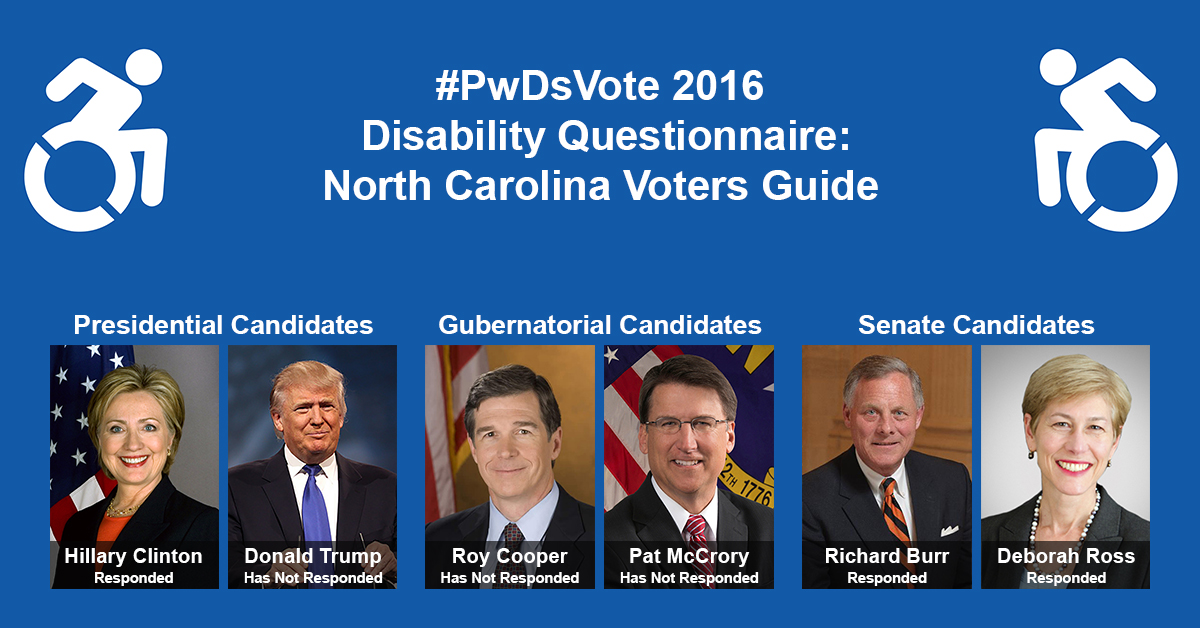

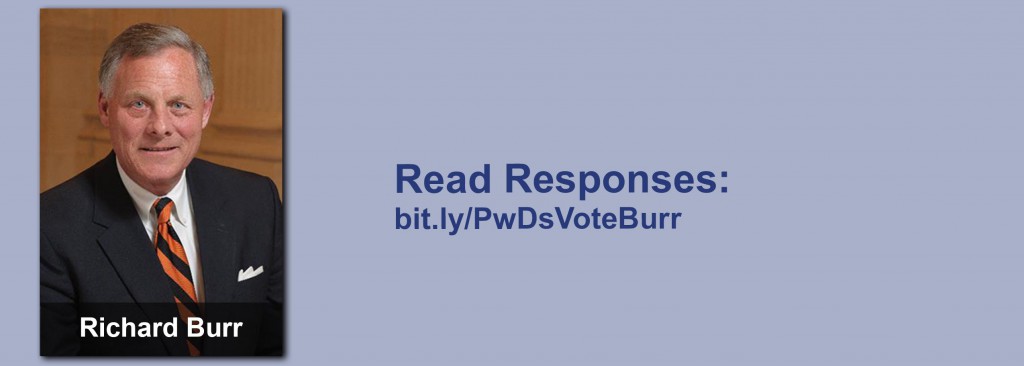
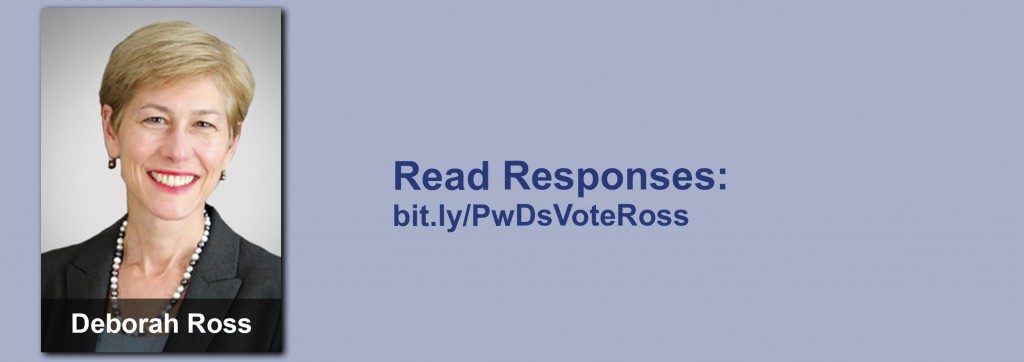

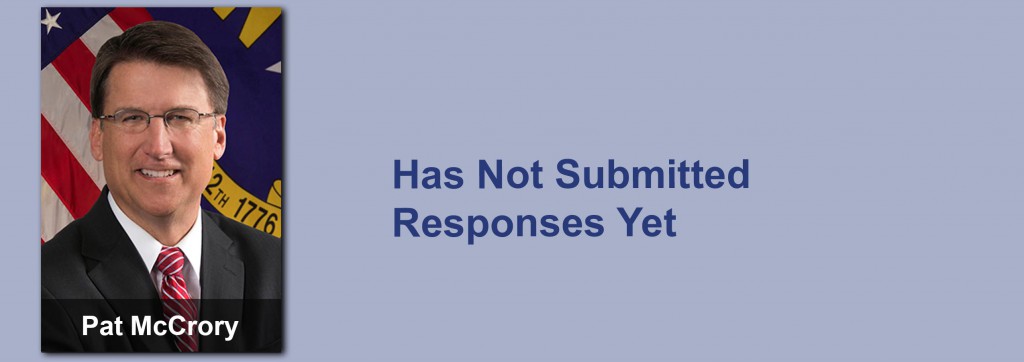
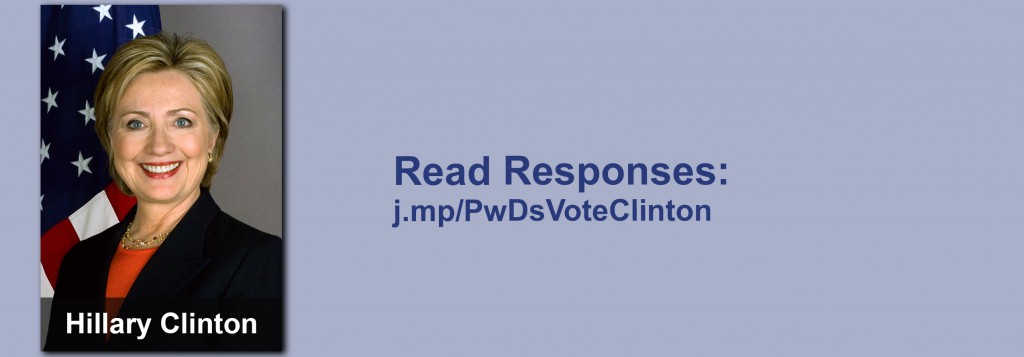


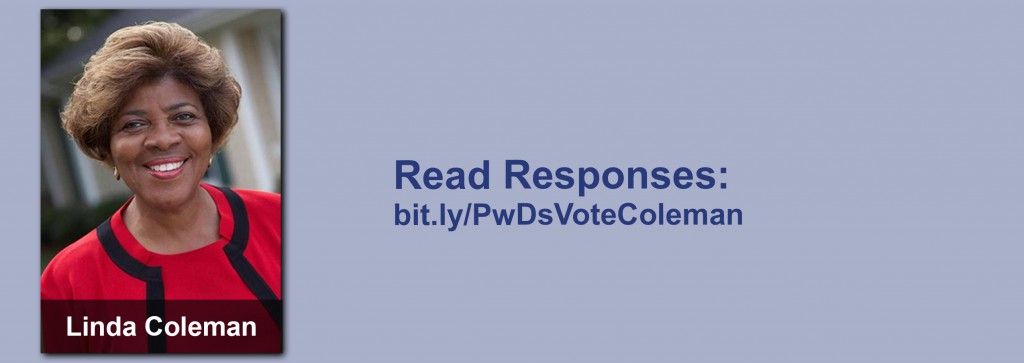
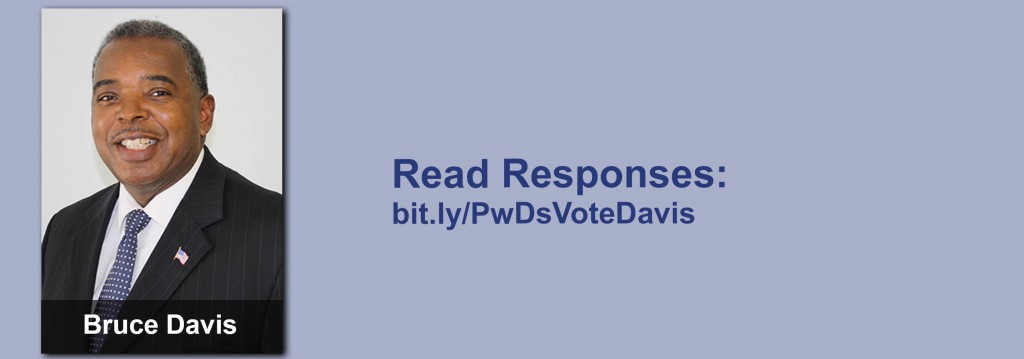

Be First to Comment